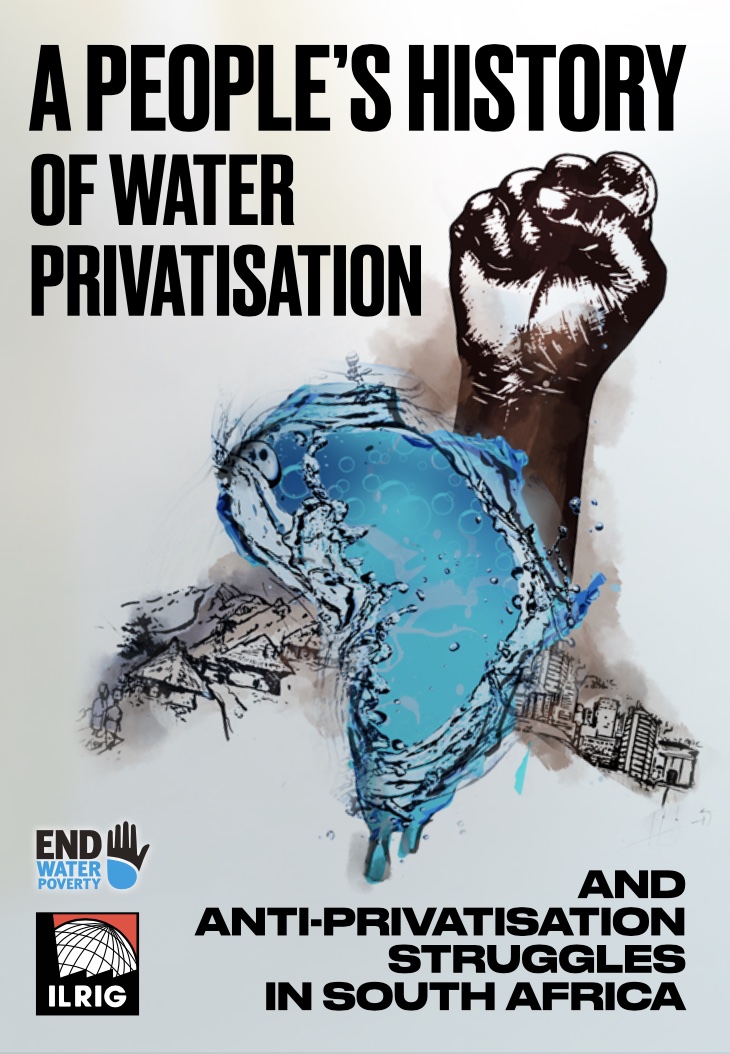The realities of the water crises have been and continue to be, driven by a neoliberal approach which is framed by multiple forms of water privatisation. Indeed, the lived realities of the majority – urban and rural workers, small-scale farmers, unemployed women and youth, city slum dwellers and mining communities – are about marginalisation, disrespect, dispossession, conflict and violence, but also resistance. The end-result in South Africa and across the African continent are that poor/working class urban and rural communities suffer the most direct consequences, while also being the most direct ‘engagers’ with and resistors to, these multiple crises. This is the case whether it relates to a lack of service delivery, failing infrastructure, limited access and affordability due to water meters and ‘water management devices’, pollution of water sources and/or the ever-rising price of water. It is the combined ‘stories’ that speak to these realities which make up this popular education booklet.
A People’s History of Water Privatisation & Anti-Privatisation Struggles in South Africa
